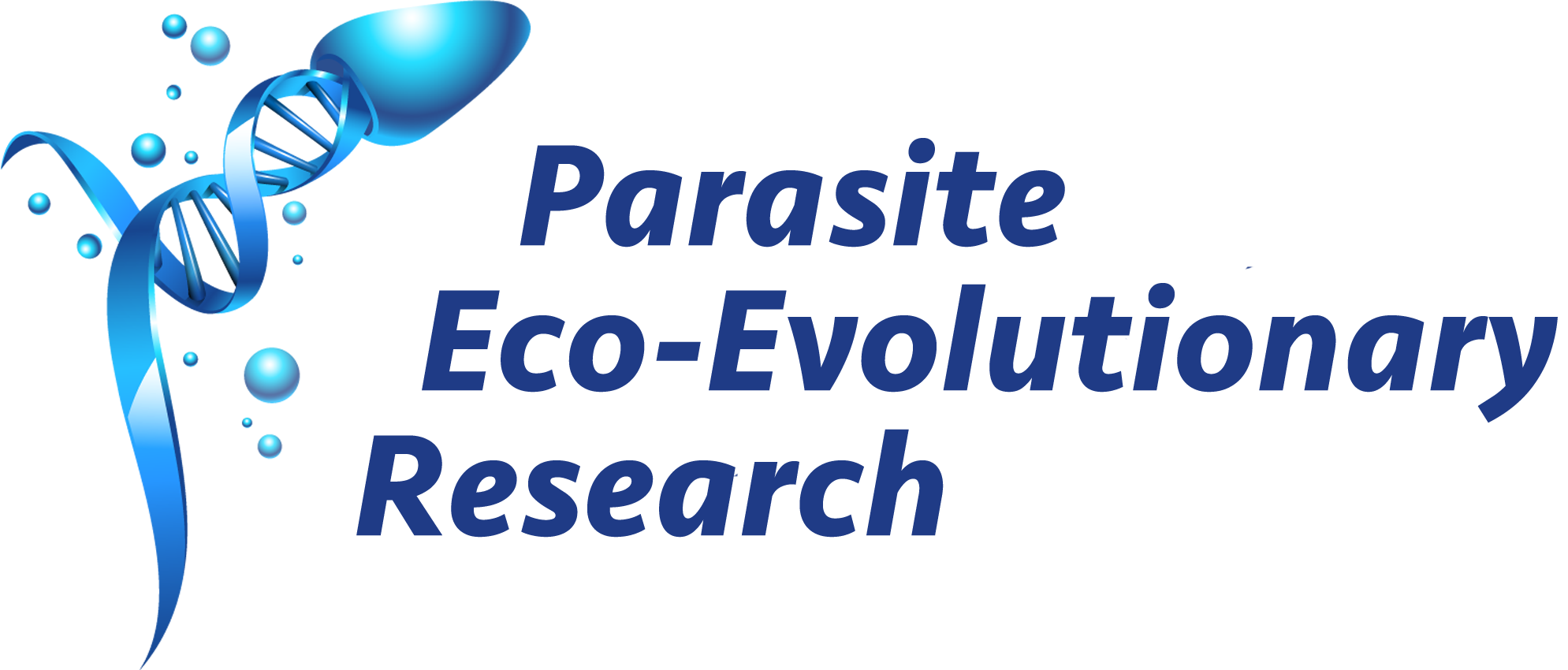Our research includes several aspects of parasite diversity, ecology and evolution, on a variety of host and parasite organisms. We apply a wide range of approaches to address our research questions, including integrative taxonomy, genomics, biogeography, co-phylogenetics and meta-analysis. Find out more about us and our work and publications by following the links.
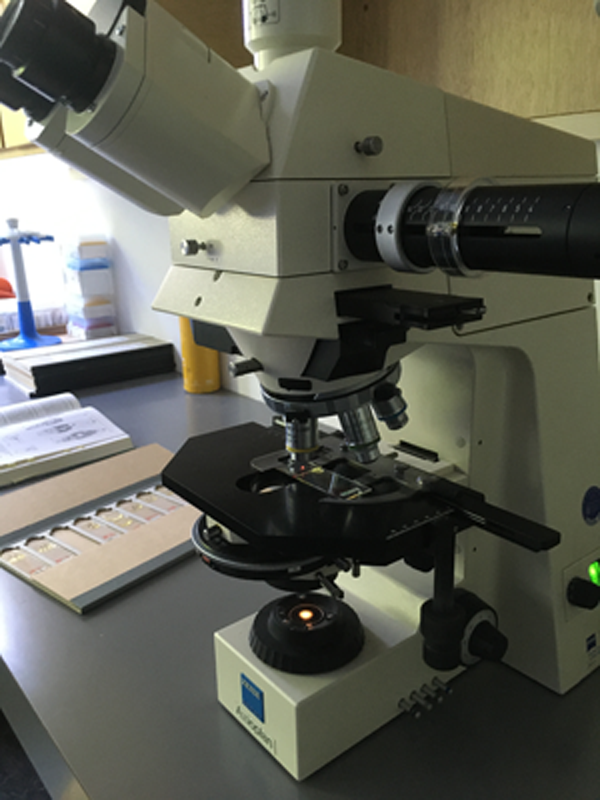
Welcome to our lab website!
Natural History Museum of Geneva
We are located at Route de Malagnou 1
1208 Genève, SwitzerlandVisit museumlab-geneve.ch and museum-geneve.ch
Explore Our Main Research Interests
Our goal is to improve our understanding of the processes that shape parasite diversity.
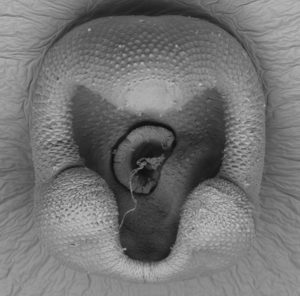
Contrary to other animal groups the total diversity of parasitic species is still largely ignored. At least one parasite species may exist for each of the known free-living species. Parasitologists continue to discover new species to science every day and the enormous work of characterising and describing these new entities is still much needed. Our lab works intensively on this topic. To find out more follow the link.
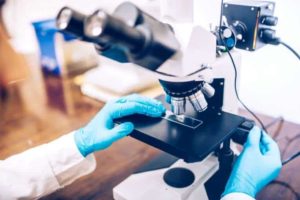
Parasites are ubiquitous in all ecosystems and have an intrinsic value to the functioning of ecosystems far beyond the harmful effects they may in some cases pose on their hosts. Despite their impact on host organisms can lead to ecosystem level alterations they are rarely accounted for as part of the diversity in ecosystems. We focus our work in improving our knowledge on the ecology of parasites and investigating the consequences of changes (i.e., global warming, habitat restoration, etc.) to the assemblages of parasite species in ecosystems to fill these knowledge gaps.
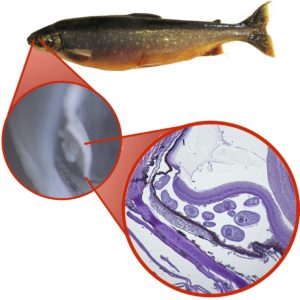
Parasitism, as well as other symbiotic interactions, is recognized as a key driver of evolutionary novelty and ecological diversity throughout the tree of life. Often, the evolutionary fate of host and parasite partners is intertwined at ecological and evolutionary levels but it is not yet clear how macroevolutionary processes originate extant associations. Our lab is working on disentangling the contribution of evolutionary relationships between hosts and parasites (through their phylogenies), and role of parasite and host ecological traits to the congruence of H-P phylogeographic patterns. We aim to provide new insights into how the mechanisms shaping coevolutionary dynamics in species interactions may result in co-phylogenetic structure among H-P association. Through collaborations, we also contribute to the development of new cophylogenetic methods that allow taking more variables and uncertainty into account.
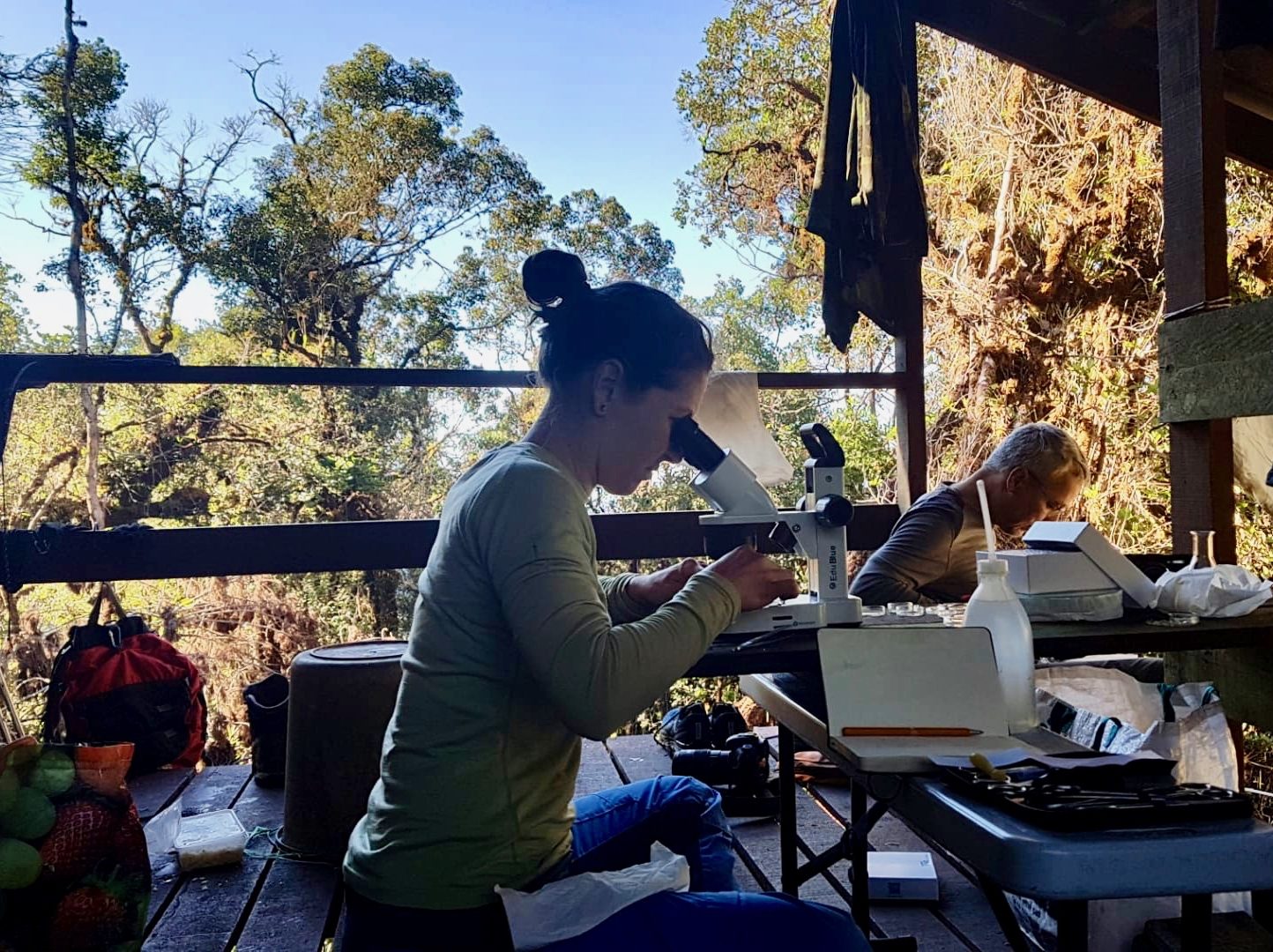
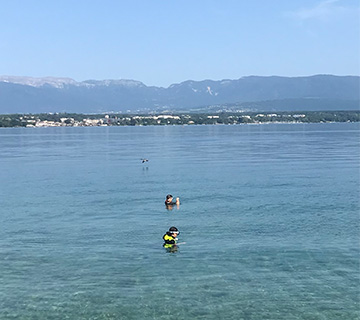
Interested in a change?
If you are interested in working with us, please email us well in advance to express your interest and discuss the possibilities and application process.
Our funding



